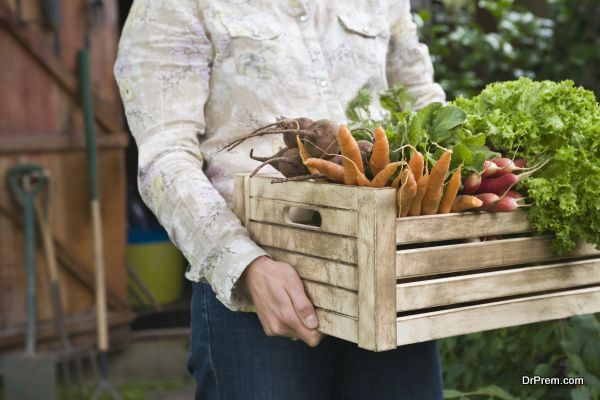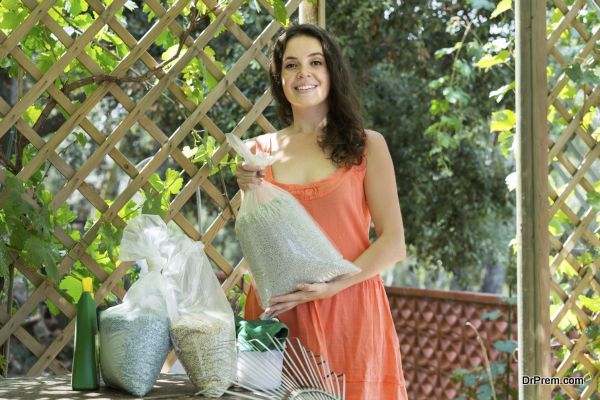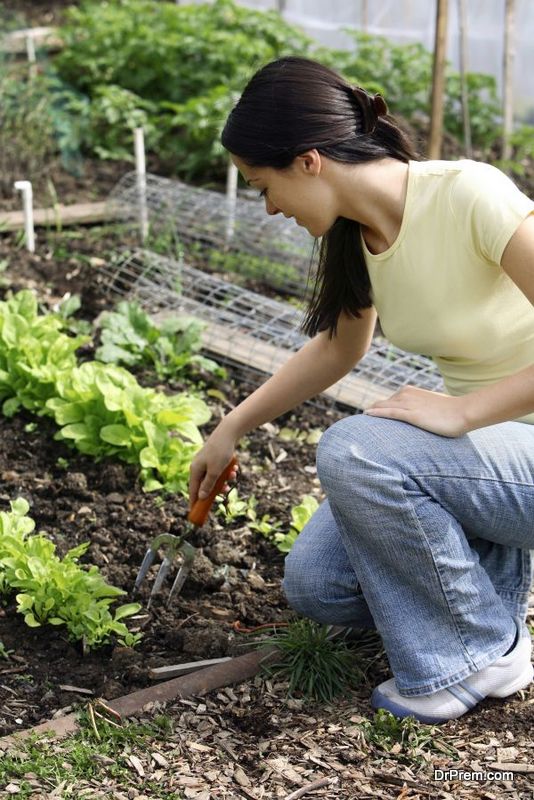Women account for approximately 30 percent of the farming operations across the nation. This number has practically tripled during the last decade. Although many females choose smaller parcels of land to grow their crops, they are also open to adopting different practices to boost their sustainability and help save the planet.
Vermicomposting
Women are different than men when it comes to farming. Because they have less land to grow crops, little access to labor and limited capital to operate, women are relying on organic and sustainable methods. They’re also coming up with more diversified operations than the conventional methods of farming. Food waste is a major household problem with close to 1.39 pounds wasted daily. Women farmers are realizing that they can turn the wasteful food in their home into compost by using specific species of worms. With enough moisture, ventilation and darkness, vermicomposting converts household waste into nutrient-filled humus. If done correctly, the process produces no obnoxious odors. The primary goal of vermicomposting is that you’ll go green by limiting the amount of food that’s thrown away. If you live in a cold climate where composting can be difficult in frigid temperatures, you’ll also still be able to fertilize your plants come growing season because vermicomposting can be done in any season.
Invest in Hydroponic Farming
Compared to the other male dominated careers, women in AG have found farming to be quite welcoming to their species. As a matter of fact, the industry is continuously growing and of the 3 million farm operators, approximately 1 million are female farmers. As kindred spirits, women know that they must connect with others in the community to share their love of healthy foods and passion for the environment. Starting programs such as a co-op brings people from the community together where they can buy foods that aren’t otherwise available in that particular area. Another option of going green is hydroponic farming. Known for being cost-effective, efficient and smart, growing crops inside plastic tubes or pipes allows you to produce vegetation year-long. You’ll also use significantly less water than if the vegetables were grown in the ground.
Environmental Plan for the Farm
No matter the size of your farm, there’s a great chance that you can greatly reduce your environmental impact. Whether it’s the way you manage your livestock, run the vehicles and equipment or pesticides to kill bugs and vermin, it’s important to educate yourself on the methods that can help you reduce your carbon footprint. Once you’ve mastered some of those environmentally-friendly methods, you can support other women in the industry by building networks, planning meetings and through special events. Here you can share the strategies such as solar energy and using animal waste to help manufacture methane gas.
Encourage Animals to Visit
Advocacy groups such as the Women, Food & Agriculture Network offer women the opportunity to build ecological and food systems using community power. If you have a farm, and you want to protect your crops with organic pest control there are methods that go beyond terminating the bad creatures. It also allows you to provide a good home for the animals and insects that can prove beneficial. Although you may not want to house birds or bats in your home, a personalized shed for their own outdoor use provides the proper protection. Flies and mites are other dangerous insects that can cause damage to your crops. By encouraging helpful insects such as ladybugs and beetles into your vegetation, you can naturally enhance the quality of your environment without using poisons. The good bugs will also naturally do away with the bad.
In a predominantly male industry, women have found their voice and are telling men farmers to step aside. Although being a woman farmer can be a very difficult journey, with the support from other females, and their green ideas that can help the planet, more and more doors are being opened for them in the agriculture industry.
Article Submitted By Community Writer




